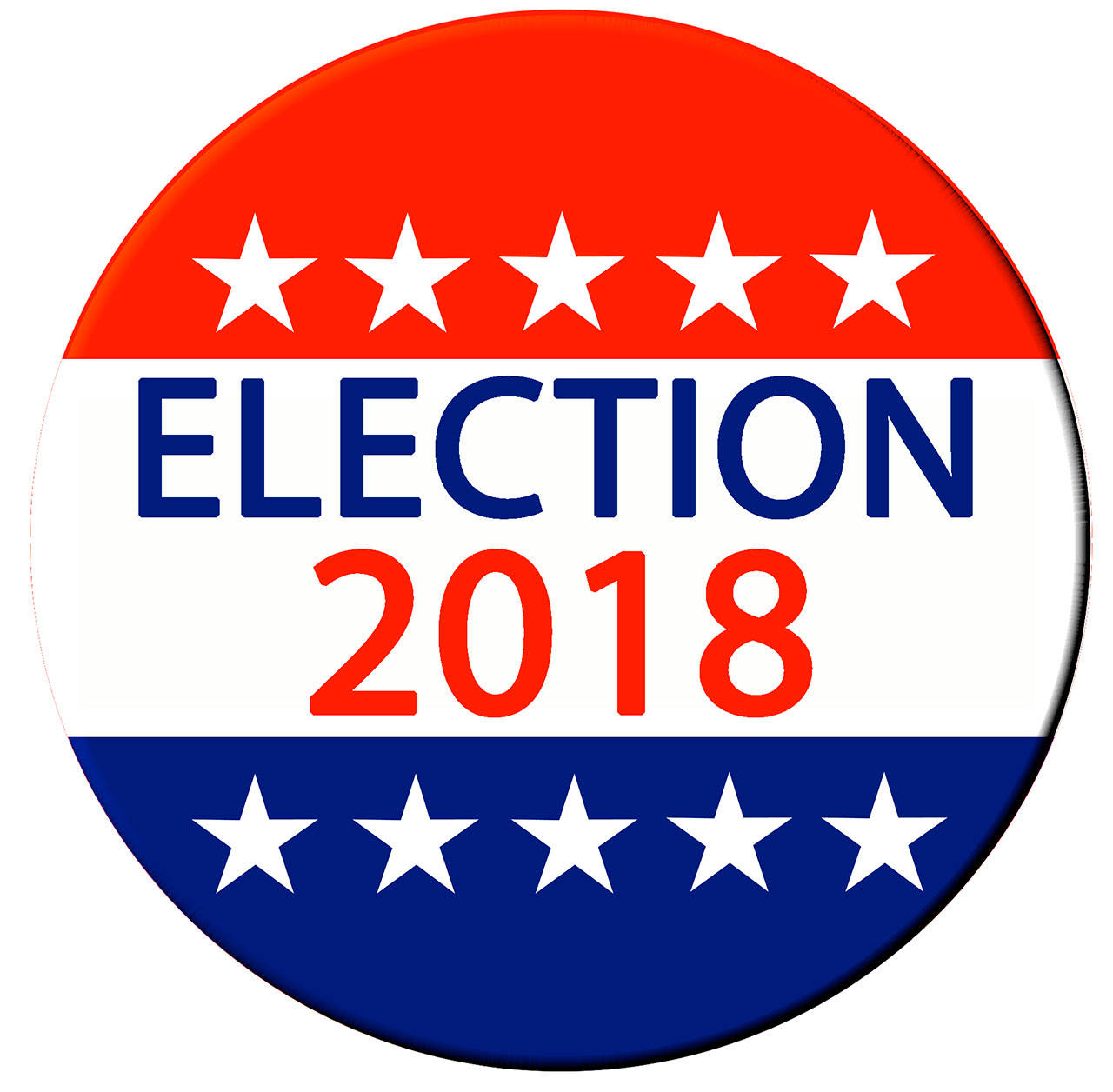For the first time in 20 years, San Juan County code will allow political signs to be displayed for any length of time, at any size. The change follows a lawsuit filed against the county questioning the constitutionality of the code.
Since 1998, the county code has prohibited political signs to be displayed no more than 45 days before an election and called to remove them within three days after. Signs could also not exceed 6 square feet in area.
On July 20, San Juan County Council voted unanimously to lift those limits on political signs from the county code, though county officials attest it was never enforced.
“Nothing has really changed except what it states in the San Juan County Code documents,” said Bill Watson, chairman of the council.
The lawsuit that prompted the code change was filed last May by Nick Power, a local lawyer and candidate in November’s prosecuting attorney race. Power said the ordinance infringed on free speech as well as his ability to campaign against the race’s incumbent Randy Gaylord, who has held the position since 1995.
“The Supreme Court has long held that ordinances which limit speech too close to the election favor incumbents,” wrote Power in a guest column to the Journal. “That’s why the ordinance is unconstitutional.”
In May, San Juan Superior Court Judge Katie Loring ruled in favor of Power’s lawsuit, stating that the county’s sign code time limits were likely against the law and issued a temporary restraining order, preventing enforcement.
However, according to Gaylord and San Juan County Auditor Milene Henley, even though the county books said otherwise, the political sign code was never enforced.
“In the past, people with questions about enforceability simply called the election’s office or our office,” said Gaylord.
In 1993, the Washington State Supreme Court ruled that prohibiting the duration of political signs was unconstitutional, while San Juan County’s political sign code was created five years later.
As to why the code was adopted after the court ruling, Gaylord explained that the political sign regulations took effect through the 1998’s “extensive” comprehensive plan and development code and “reflected the desires of the county commissioners” at that time. In 2002, Gaylord said he recommended the code be changed, but it wasn’t altered until now.
Watson added that there are other sections of county code that need to be cleaned up as well, but the municipality has not been sued over them.
According to Gaylord, sign regulations have likely been part of the land use ordinance since the inception of the county code.
Deregulation
Before the July 20 decision, the San Juan County Planning Commission gave recommendations to the county council. Tim Blanchard, chairman of the planning commission, expressed the board’s reservations on unregulated signs.
“We have concerns that without a definition of what’s political, this could be seen as an invitation to put up almost any sign for almost any duration of almost any size,” he said.
Blanchard noted that a sign promoting a cause like “Save the Whales” could be argued as political, even if the causes are not directly related to upcoming elections.
Watson said he would add a review of the county sign code, overall, to future council meetings.
Pending court ruling
A court has yet to rule on a section of Power’s lawsuit, concerning Henley’s comments on the original sign ordinance.
After Loring’s May decision to stop enforcement of the political sign code, Henley published an opinion piece stating that the code is a “well-meaning ordinance” that, “has become a time-honored local tradition to limit the amount of time political signs are displayed.”
As auditor, Henley’s department oversees county elections, therefore Power argues that Henley should be neutral and requested her statement be removed from the county’s website through his lawsuit. The lawsuit involves two parts; the county code’s political signs limits and Henley’s comments.
Power’s additional claim against Henley’s opinion prompted the San Juan County Prosecutor’s office to send the case from San Juan County Superior Court to the federal court in Seattle. A federal court, said Gaylord in a press release, was the best place to decide on “the right of elected officials to express their opinion.”
In July, that court denied Power a temporary restraining order against the county, which Power interpreted as the “judge wants to hear the case on its entire merits before making her decision.”
For Gaylord, the restraining order denial means the judge did not make a decision on the lawsuit’s second issue involving Henley. Both aspects of the case will be resolved on summary judgment, he added, but the date for this conclusion has not been set.
Both Power and Gaylord are on the Aug. 7 primary ballots for San Juan County prosecuting attorney and, by default, both will head to the Nov. 6 general election. View the county’s voters’ guide at www.sanjuanco.com/1221/Elections-Office.
Cali Bagby contributed to this article.



